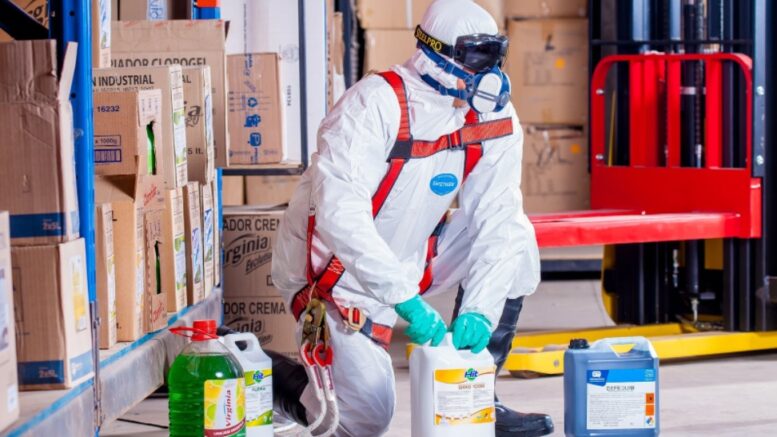Did you know that medical waste bags are extremely important for hospitals and healthcare facilities? Not only do they help to protect patients and staff from potential exposure to dangerous germs, but they can also help reduce the amount of garbage that needs to be disposed of. In this article, we’ll take a look at what medical waste bags are used for, and why they’re so important.
Definition of Medical Waste
Medical waste is any waste generated as a result of medical care or treatment. This includes all liquids, gasses, and other wastes that are produced during the course of providing medical care. Medical waste can present a number of environmental and health risks if not properly handled. In particular, it can pollute water supplies and create hazardous conditions for workers who are tasked with transporting or disposing of it. Additionally, improper handling of medical waste can lead to the release of dangerous pathogens into the environment.
Properly disposing of medical waste can help protect both the environment and health. The medical waste bags should be used to prevent the spread of germs and bacteria, and also used to collect any leftover items after a patient’s treatment is complete. These should be disposed of in a secure location so that it does not end up in the environment or on people.
Uses for Medical Waste Bags
Medical waste bags are essential for many reasons. They are used to collecting and store medical waste until it can be disposed of properly. They can also help protect the environment from hazardous material. Here are some other uses:
- To collect blood and other bodily fluids
- To collect tissue samples
- To contain hazardous materials
- To contain needles and other medical equipment
When choosing a medical waste bag, it is important to consider the size and type of waste that will be contained. Many medical waste bags come in different sizes and formats to accommodate a variety of waste.
Types of medical waste bags
There are many different types of waste bags, each with its own specific purpose. Waste bags are used to collect and contain all manner of medical debris, including blood, urine, feces, and other bodily fluids. They can also be used to store instruments and other medical equipment.
Standard medical waste bags are made of a heavy-duty plastic and come in a variety of sizes to accommodate a wide range of debris. They are often sealed with a tape or adhesive strip, which helps prevent contamination and prolongs their lifespan.
Narcotics disposal bags are designed specifically for disposing of narcotics and other controlled substances. They are made of thick, durable plastic and have a special closure system that prevents exposure to hazardous chemicals.
Waste bag liners are small, disposable sheets that are inserted into standard waste bags before they are sealed. They help keep the bag clean and free from contaminants, and can be used multiple times.
Benefits of using medical waste bags
Medical bags are essential for protecting the environment and public health. By properly disposing of medical waste, hospitals can avoid releasing harmful pollutants into the air and water.
These are helpful in containing dangerous germs and protect patients from exposure. When disposed of correctly, they can help prevent cross-contamination, which could lead to serious health complications.
These bags also have other benefits. By using them properly, hospitals can reduce the amount of trash they produce. And by keeping waste bags segregated from other garbage, hospitals can minimize potential damage caused by pests or flooding.
Conclusion
Medical waste bags are essential for protecting the environment and human health. They help to prevent the spread of infection, keep our streets clean, and reduce the amount of medical waste that must be disposed of in landfills. In fact, when properly disposed of, medical waste bags can even save lives!
